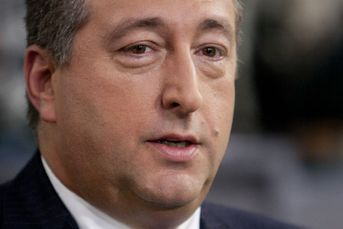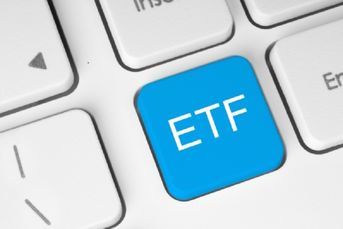The unofficial Financial Pundit-to-English translation guide
Markets plunged around the world last Friday and on Monday after U.K. voted to leave the European Union.
Markets plunged around the world last Friday and on Monday after U.K. voted to leave the European Union. While working from home Friday, I spent much of the day watching financial television, skipping between the three main financial news networks.
What I heard was surprising: A parade of folks coming across the screen, saying the oddest things about Brexit. If you are not a regular viewer, your nonsense detector becomes more sensitive. Mine was lighting up as if I were at a flat earth convention.
The philosophy of less noise and more signal is never a bad thing for investors. This is especially true if your perspective is long term, and you don’t actively trade in and out of stocks.
So as a public service, I offer:
The Unofficial Pundit-to-English Translation Guide
When a pundit says, “We suggest reducing exposure.”
They really mean, We had bet the Brits would vote remain.
When a pundit says, “I’m not a foreign policy expert, but…,”
They really mean, Prepare for a useless, uninformed opinion.
When a pundit says, “The macro forces at work…”
They really mean, I’m inventing a reassuring narrative.
When a pundit says, “The smart money is betting…”
They really mean, I take no responsibility for this next bit of foolishness.
When a pundit says, “It has long been our position…”
They really mean, That’s my story and I am sticking to it, even if it’s wrong.
When a pundit says, “Our analyst says…”
They really mean, The guy is going to be out of a job soon.
When a pundit says, “Our clients are very concerned about…”
They really mean, There goes this year’s bonus.
When a pundit says, “We don’t see a recession.”
They really mean, We didn’t see the last recession coming either.
When a pundit says, “The current trend is…”
They really mean, Extrapolation isn’t a problem, is it?
When a pundit says, “We expect the second half of the year…”
They really mean, We were wrong in the first half of the year.
When a pundit says, “The currency trade to make is…”
They really mean, This is a random guess.
When a pundit says, “We like what this chart shows.”
They really mean, The fundamentals are terrible.
When a pundit says, “We still like the fundamentals.”
They really mean, The technicals are terrible.
When a pundit says, “We have a ‘Buy’ on the stock.”
They really mean, Who’s dumping all those shares?
When a pundit says, “We rate the stock ‘Neutral.’”
They really mean, Thanks for nothing.
When a pundit says, “We are long-term investors”
They really mean, Wait, why are we even on this show?
When a pundit says, “Buy gold.”
They really mean, Buy gold.
When a pundit says, “There is a lot of uncertainty.”
They really mean, We have no idea what’s going on.
Everyone who does financial television and radio — me included — suffers from the same issues: We have confirmation biases, these shows are live, we don’t get to edit ourselves in real time, emotions run hot. Most of all, admitting that you have no clue what the future holds makes for bad television.
Perhaps the best advice for investors to remember is that TV is for entertainment purposes only. Treat us pundits accordingly.
Barry Ritholtz is a Bloomberg View columnist writing about finance, the economy and the business world. He started the Big Picture blog in 2003 and is the founder of Ritholtz Wealth Management, an asset management and financial planning firm.
Learn more about reprints and licensing for this article.








